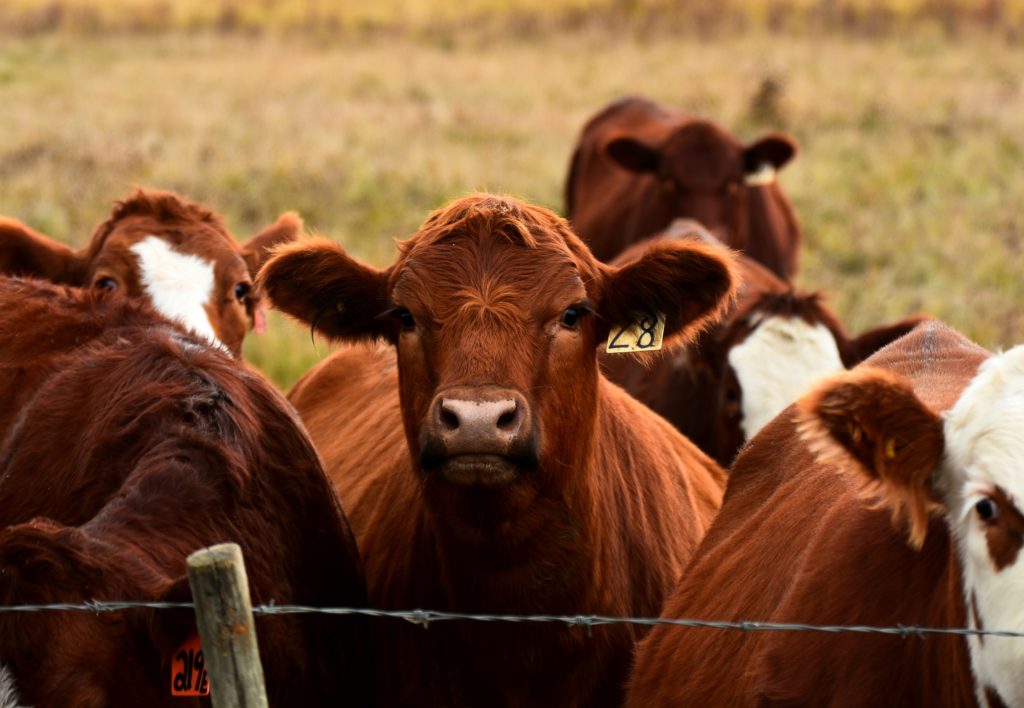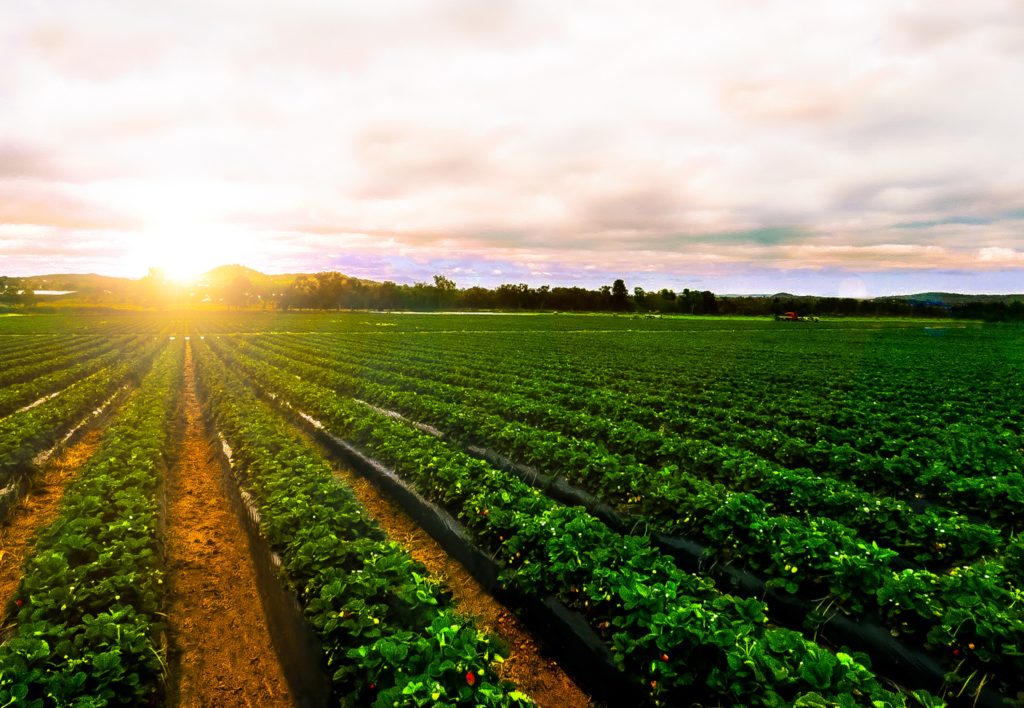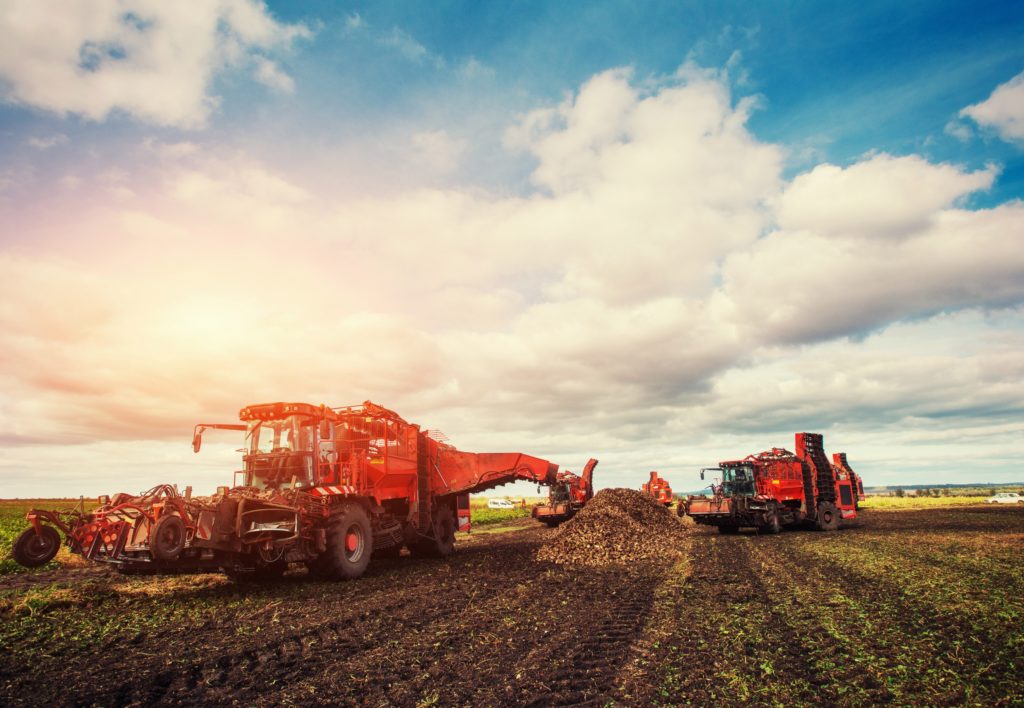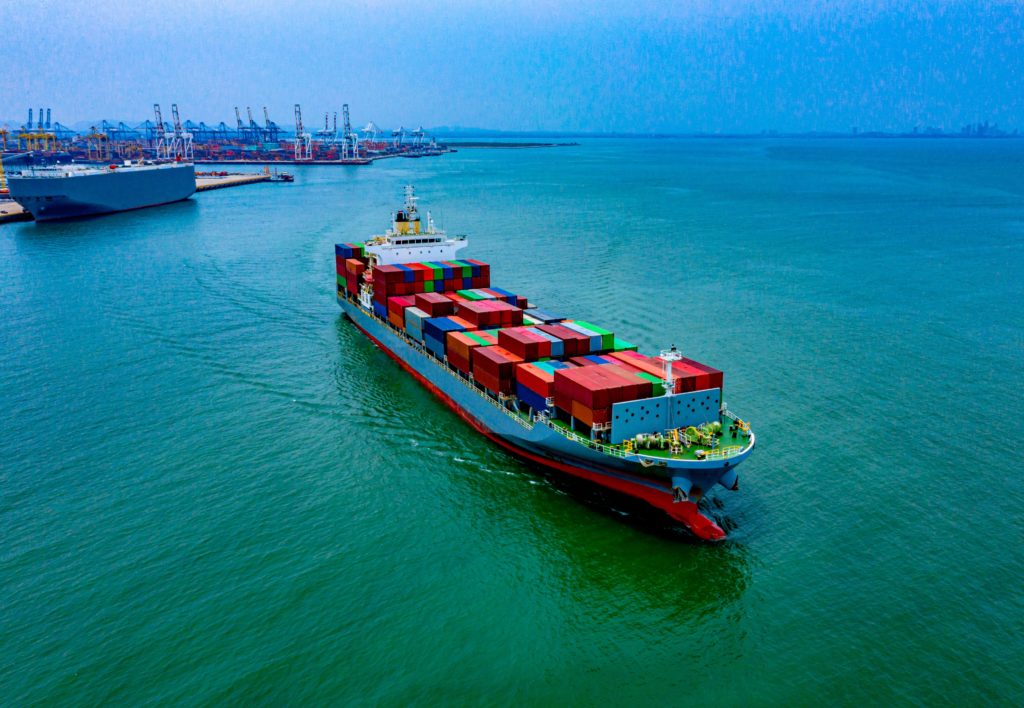Customs Clearance and Import Requirements
- Entry of Imported Merchandise
- What is Section 321 Entry?
- What is Automated Commercial Environment (ACE)
- What is an Automated Broker Interface (ABI)?
- Who is Ultimate Consignee?
- What is Non-Resident Importer Program?
- Country of Origin of Imported Merchandise
- What is the Country of Assembly?
- What is the FDA's Country of Manufacture?
- Marking of Country of Origin on U.S. Imports
- What is Customs Bond?
- Reconciliation Prototype and Bond Rider
- Who Needs a Customs Broker?
- What is Customs Ruling Program?
- Classification of Imported Goods
- How is imported merchandise appraised?
- What are Import Quotas?
- What are Trade Remedy Duties?
- Antidumping Duty (AD) and Countervailing Duty (CVD)
- What is Foreign Trade Zone (FTZ)?
- What is Importer Security Filing (ISF)?
- What is Temporary Importation under Bond (TIB)
- What is In-Bond Process?
FDA-Regulated Products and Import Requirements
- What is Food Safety Modernization Act (FSMA)?
- Prior Notice of Imported Foods
- Food Facility Registration
- Risk-Based Preventive Controls for Human Food
- Risk-Based Preventive Control for Animal Food
- Standards for the Growing, Harvesting, Packing, and Holding of Produce for Human Consumption
- What is Foreign Supplier Verification Program (FSVP)?
- Protect Food against Intentional Adulteration
- FDA Regulated Product in Foreign Trade Zone (FTZ)
- Entry Review Process for FDA Regulated Products
- Country of Origin VS Country of Manufacture
- Foods Regulated by FDA or USDA: What is the Difference?
- Label and Labeling Claims for Conventional Food and Dietary Supplements
- What is USDA Country of Origin Labeling (COOL)?
- Import for Export of FDA Regulated Products
- FDA Regulated Products in Personal Baggage or Sending by Mail or Courier
- International Mail Facility (IMF) and FDA Regulation
- Importing Biological Product Regulated by CBER
- Importing Cosmetics and Voluntary Cosmetic Registration Program (VCRP)
- Importing Drugs into the U.S.
- Importing OTC Drugs into the U.S.
- Importing Veterinary Drugs into the U.S.
- Importing Tobacco Products into the U.S.
- Importing Medical Devices into the U.S
- Importing Food Products into he U.S.
- Importing Radiation-Emitting Products into the U.S.
Guidance on customs & logistics solution for traditional and e-commerce importers and exporters
Importer Security Filing (ISF)
An ISF is required when cargo (ocean only) laden on vessel at a foreign port is destined for shipment to the U.S. Under ISF rule, some importing information and details regarding cargo must be transmitted to the CBP at least 24 hours before goods are loaded onto the vessel.
Customs Clearance
All goods imported into the U.S. are required to be declared to CBP. Our customs broker will help you stay in compliance with customs laws and regulations and clear your goods quickly and efficiently with our electronic Automated Commercial Environment (ACE) and Automated Broker Interface (ABI) Single Window System.
Warehousing & Distribution
Our warehouse facility offers great potential for serving as a regional hub with over 145,000 SF storage capacity close to Los Angeles Airport & Los Angeles/Long Beach Sea port. With our extensive experience in freight services, your import/export cargo will be handled quickly and effectively.
Section 321 Entry
Section 321 entry allows importing free of duty and tax for shipments imported by one person on one day having a fair retail value in the country of shipment not more than $800. We provide our resident and non-resident clients with dedicated ACE eManifest solutions for Section 321 entry of all modes of transportation.
Non-resident Importer Program
If you want to sell your products in U.S. marketplaces, but you are a business owner located outside of the U.S. and do not have an entity or presence in the U.S., you need to be established as a Foreign Importer of Record before your products can be imported into the U.S. We can help you.





















